Related Research Articles

Sir Julian Sorell Huxley was a British evolutionary biologist, eugenicist, and internationalist. He was a proponent of natural selection, and a leading figure in the mid-twentieth century modern synthesis. He was secretary of the Zoological Society of London (1935–1942), the first director of UNESCO, a founding member of the World Wildlife Fund, the president of the British Eugenics Society (1959–1962), and the first president of the British Humanist Association.

Joseph Martin McCabe was an English writer and speaker on freethought, after having been a Roman Catholic priest earlier in his life. He was "one of the great mouthpieces of freethought in England". Becoming a critic of the Catholic Church, McCabe joined groups such as the Rationalist Association and the National Secular Society. He criticised Christianity from a rationalist perspective, but also was involved in the South Place Ethical Society which grew out of dissenting Protestantism and was a precursor of modern secular humanism.

Bernard Richard Meirion Darwin CBE JP a grandson of the British naturalist Charles Darwin, was a golf writer and high-standard amateur golfer. He was inducted into the World Golf Hall of Fame.
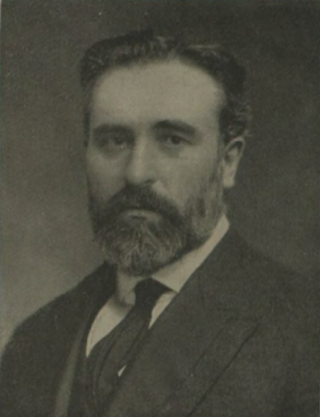
John Mackinnon Robertson was a prolific Scottish journalist, advocate of rationalism and secularism, and Liberal Member of Parliament for Tyneside from 1906 to 1918.

Percy Reginald Lawrence-Grant was an English actor known for supporting roles in films such as The Living Ghost, I'll Tell the World, Shanghai Express, The Mask of Fu Manchu and Son of Frankenstein. He was host of the 4th Academy Awards ceremonies in 1931.

The Vanguard Press was a United States publishing house established with a $100,000 grant from the left-wing American Fund for Public Service, better known as the Garland Fund. Throughout the 1920s, Vanguard Press issued an array of books on radical topics, including studies of the Soviet Union, socialist theory, and politically oriented fiction by a range of writers. The press ultimately received a total of $155,000 from the Garland Fund, which separated itself and turned the press over to its publisher, James Henle. Henle became sole owner in February 1932.
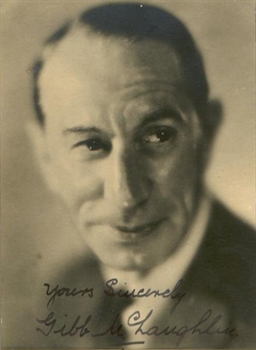
George McLoughlin, known professionally as Gibb McLaughlin, was an English film and stage actor.
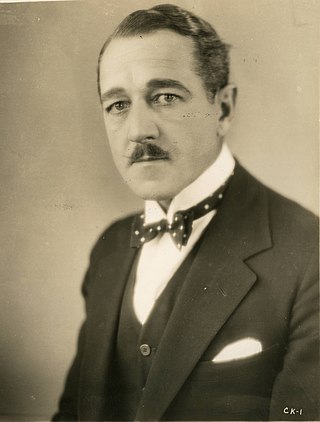
Crauford Kent was an English character actor based in the United States. He has also been credited as Craufurd Kent and Crawford Kent.

James George Roche Forlong was a Major General of the Indian Army who trained as a civil engineer in Scotland and England. He was renowned for his road-building skills through the jungles of India and Burma and for his studies on comparative religion.
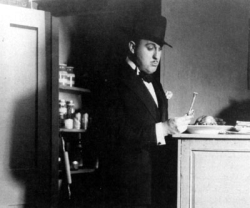
Garry Marsh was an English stage and film actor.
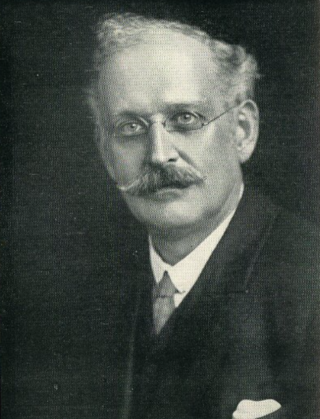
Charles Albert Watts was an English secularist editor and publisher. He founded the journal Watts's Literary Guide, which later became the New Humanist magazine, and the Rationalist Press Association. His father Charles Watts was also a prominent secularist writer. Father and son are sometimes confused with each other, and Charles Albert Watts is sometimes referred to as C. A. Watts or Charles Watts Jr.

The Rationalist Association, originally the Rationalist Press Association, is an organization in the United Kingdom, founded in 1885 by a group of freethinkers who were unhappy with the increasingly political and decreasingly intellectual tenor of the British secularist movement. The purpose of the Rationalist Press Association was to publish literature that was too anti-religious to be handled by mainstream publishers and booksellers. The Rationalist Press Association changed its name to "The Rationalist Association" in 2002.
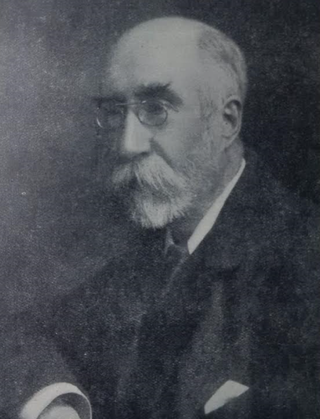
Thomas Whittaker was an English metaphysician and critic.
Archibald Horace Mann Robertson was an English civil servant who became a writer on history, social affairs from a left-wing perspective and critiques of Christianity.
This is a list of the writings of the American writer August Derleth.
Watts & Co. was a British publishing house which aimed to promote rationalism and secular education and "publish free thought books at affordable prices". The firm had a close relationship with the Rationalist Press Association and many of books it published were imprinted "Issued for the Rationalist Press Association Limited".
References
- ↑ Cooke, Bill (2003). The Blasphemy Depot: A Hundred Years of the Rationalist Press Association. RPA.
- ↑ "History of Humanism in 100 Objects: The Thinker's Library". Humanist Heritage. Retrieved 29 October 2023.
- ↑ "Thinker's Library". seriesofseries.com. Retrieved 29 October 2023.
- ↑ "Alfred Ernest Mander (1894-1985)". Australian Dictionary of Biography. 2012.